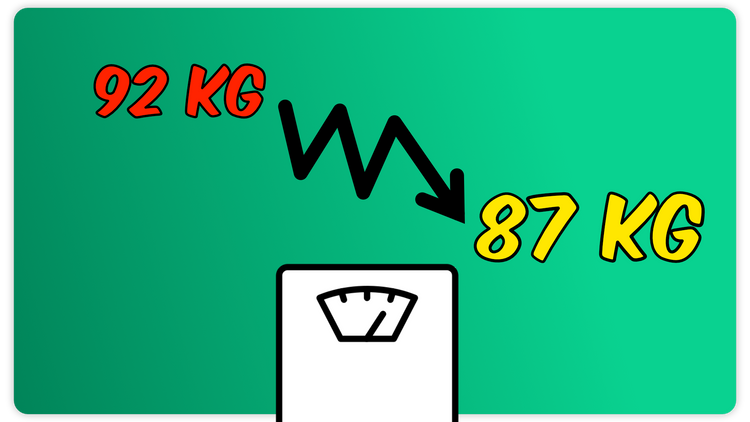My 9 Trading Rules
Recently I shared that I made a USD 700.00 from selling a Genkai NFT.

Sharing our wins on social media is common, but we tend to keep our losses to ourselves. That's why it seems like everyone is winning all the time. This couldn't be further from the truth.
Tough times
I've been through a lot of tough times myself. Here are a few examples:
- I lost 50% of my net worth overnight because of the Ukraine invasion
- Currently down from most of my investments.
Trading Rules
That's why, throughout the years, I have made a clear framework for myself on how I approach trading:
- Never buy what you don't understand
- Never FOMO
- Buy when people are not looking
- Plan your exit
- Always cover your cost
- Don't let others sell-shame you into holding
- Never look back after selling
- Don't be afraid to cut losses
- Understand and manage your risk
More on each point:
Never buy what you don't understand
There are so many stories and tweets about people becoming millionaires overnight because they bought into this or that thing. Like Dogecoin, GameStop's stocks.
My number 1 rule is never to buy things I don't understand. I have done this too many times, and it is the single most easiest way to lose money.
Always do your research.
Never FOMO
Fear of missing out is a hell of a drug. I've lost 10 ETH on one trade because of this. Know this:
There is always another opportunity.
Buy when people are not looking
Relating to previous points, if you find yourself missed out on a trade but have researched it and believe it to be a worthwhile long-term investment:
Exercise patience and wait for the hype and buzz surrounding it to die down.
Then you purchase.
Plan your exit
Decide before buying: whether you're holding for a short- or long-term.
Especially for short terms, decide at which point you'll take profit and cut loss.
And, most importantly, follow through.
Always cover your cost
This may be specific to me; my risk tolerance is relatively low. I need the reassurance that I'm not bleeding money wherever possible.
So whenever I can cover my cost and still have some profit floating, I'll recover the cost. Then I'll be able to rest easy, no matter if the market goes red or green.
Don't let others sell-shame you into holding
This is one of the painful lessons I had to learn the hard way.
I was in an NFT community with a great vibe. The collection is going well; everyone is buying and collecting what they like, myself included. And the price kept going up and up.
That's when I wanted to sell a rare collectible that I picked up along the way. I asked the community if I should sell. And some people advised me not to because it's rare!
I heed the advice.
I knew before asking that it was the best time to sell: Everyone was talking about it, the price was going up, and the vibe was immaculate. (Note: The price dropped so much today.)
I guess it's not really sell-shaming in the literal sense. But the crypto communities are notorious for sell-shaming slanders and DMs.
My advice: Do what you think is best FOR YOU.
Never look back after selling
This is a simple rule to avoid seller's remorse. It's common for something to increase in price after we sell. FOMO is often induced in this situation. We want to prevent this.
So, I am not looking back for a while once I've sold.
Don't be afraid to cut losses
There will also be times when my trades go south. We strive for profit in each trade, but that is impossible.
Having planned my exit, I'll already know where I should be cutting my losses.
Losing is undesirable, but losing 25% is better than losing 100%.
Understand and manage your risk
Finally, in every investment and trade, there is always risk associated. Learn the risks, figure out your risk appetite and manage your risks.
I do a lot of trades on the crypto market, and I fully understand that this is one of the most volatile markets to be in.
So what I do, on a high-level overview, is I split my holdings in percentages. One portion is in fiat, and another is in crypto. Whenever the percentages grow or shrink, I reallocate my assets according to my preferred ratios.
This helps me mitigate unnecessary risks and allows me to sleep easily at night.
So there you have it: my 9 trading and investing rules.
I was primarily trading NFTs, but as I started to invest in other markets, I noticed that most of these apply to other markets, too.
If you're trading or investing, I suggest you also build your own rules and frameworks. Each individual has unique goals and risk appetites, and it is important to develop rules that fit your specific needs.
Keep on refining your approach until it becomes a reliable and practical framework.
I hope this was helpful and I wish you all the best!
Disclaimer: This post is for educational purposes only and is not financial advice. Trading and investing are very risky; please do your research and understand the risks.






Member discussion